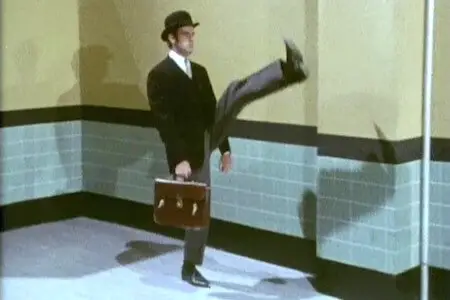I have been watching the 30th cricket Test series between England and India and musing about the oddly named field positions ‘Silly mid-on’, ‘Silly point’ etc. I’ve watched enough cricket to know that these are positions close to the batsman, but wondered why they are labelled ‘silly’ and whether there might be an archaic ‘near to’ meaning of the word. As it turns out, there isn’t. ‘Silly’ in this context means what we normally mean by the word, that is, ‘foolish or empty-headed’. Anyone who has been hit on the knee (or elsewhere) by a cricket ball will understand that standing about six feet away from the batsman is just plain silly.
‘Silly’ may never have meant ‘near to’ but it did take something of a journey to get to its present meaning. In the 15th century, when the word first began to be used in Middle English it meant ‘deserving of pity, compassion, or sympathy’. A ‘sylyman’ wasn’t stupid, just unfortunate. Into the 16th century and into modern English and the meaning migrated to mean ‘weak, feeble, insignificant’. The naturalist John Maplet, in the natural history A Greene Forest, 1567, referred to a hedgerow bird like a sparrow as:
A smal sillie Bird
Later that century ‘silly’ began to be used with its current meaning. In the English/Italian dictionary Worlde of Wordes, 1598, the Italian linguist John Florio described the Italian word for idiot as:
A sillie Iohn [man], a gull, a noddie.
I’m not sure what it says about us but there is a large number of words in English that denote stupidity. ‘Silly’, perhaps because it conveys a form of good-humoured foolishness, appears to be a particular favourite amongst the coiners of phrases. Here are a few, with their derivations:

